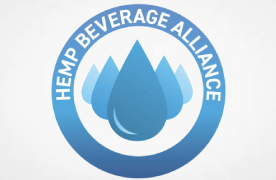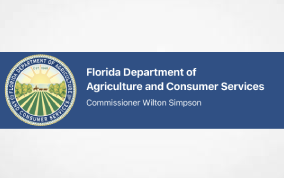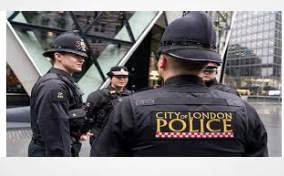BCC – Commercial Activities – it would have been a nice break if the California cannabis regulators refrained from issuing new documents during the final leg of the tax busy season…no such luck.
The Bureau of Cannabis Control issued an information release on April 2 entitled “Guidance on Commercial Cannabis Activity”. Would someone please explain to me why the information in the release wasn’t produced during the process of producing five hundred pages of regulations. Let’s start with a very simple thought… do CalCannabis and CDPH’s Manufactured Cannabis Safety Board have the same views on these issues a BCC?
The begin with fairly simple background:
Under the Medicinal and Adult-Use Cannabis Regulation and Safety Act (MAUCRSA), all commercial cannabis activity shall be conducted between licensees. The employees of a licensee may engage in commercial cannabis activity on behalf of the licensee.
Commercial cannabis activity includes activities that plant touching such as cultivating, manufacturing, and transporting cannabis, as well as activities that are not plant touching such as procuring and selling cannabis.
They continue by saying “even though we are putting out this document with examples, you may not rely on anything we say.
They were a bit more eloquent stating:
Below are examples of activities that are provided for informational purposes only to assist licensees by providing some general, generic examples.
However, whether or not an activity is compliant with statute and regulation requires a case-by-case analysis and is determined by the specific facts and circumstances of the unique situation.
Therefore, the examples below are not automatically allowable but rather provide a sampling of potentially allowable activities based on information derived from inquiries submitted to the Bureau.
Our next question is; if you are going to treat each situation and decided on the unique facts, and are not providing any bright lines what is the point of the document?
Now that we know that we can’t rely on what BCC wrote let’s look at some examples.
Intellectual Property
Licensees may enter into an intellectual property licensing agreements with unlicensed entities. However, the intellectual property holder cannot exert control over the licensee’s commercial cannabis operations. If the intellectual property holder is exerting control over the licensee’s commercial cannabis operation, then the intellectual property holder must be disclosed as an owner on the license.
Licensees may purchase the right to use a patent for cannabis extraction. The patentholder is not permitted to share in any royalties or a percentage of profits of the licensee unless the patent-holder is disclosed as an owner or financial interest holder on the license.
Consultants and Service Providers
Licensees may use the services of unlicensed entities such as consultants and brokers to conduct non-commercial cannabis activity such as renting property, purchasing packaging, or leasing equipment for use by the commercial cannabis business. Consultants or brokers that are engaged in commercial cannabis activity for a licensee, such as procuring or purchasing cannabis for a licensee, must be included as either an owner or financial interest holder on the license.
Licensees may package and label cannabis with another licensee’s brand. For example, a licensed distributor may package and label cannabis with a licensed retailer’s brand on behalf of the licensed retailer.
Licensees may enter into rental agreements where the landlord takes a percentage of a licensee’s profits if the landlord is disclosed as an owner or financial interest holder of the license
Licensees may purchase non-cannabis materials such as empty cartridges, batteries, packaging, extraction equipment, grow lights, and transportation and delivery vehicles, from unlicensed businesses.
Business Referrals and Technology Platforms [“Think Weedmaps”] – this one is a potential hornet’s nest where one sentence doesn’t address the issues.
Licensed retailers and licensed microbusinesses may contract with a service that provides a technology platform to facilitate delivery of cannabis goods to customers if the service does not share in the licensee’s profits.
Licensees may hire an advertising agency or marketing firm to build and/or promote the licensee’s brand. The advertising agency is not permitted to share in any royalties or a percentage of profits or revenue of the licensee unless disclosed as an owner or financial interest holder of the license.
Cannabis Events and Procurement
Licensees may procure or purchase cannabis on behalf of or at the request of another licensee, such as a licensed distributor procuring cannabis for a licensed manufacturer. Licensees may not procure or purchase cannabis on behalf of any person that is not licensed under MAUCRSA.
Licensed cannabis event organizers may only coordinate cannabis events. Licensed cannabis event organizers are not authorized or licensed to engage in commercial cannabis activity governed by manufacturing licenses, cultivation licenses, distribution licenses, or retail licenses.
We had noticed the myriad potential “traps” that could land someone in BCC’s snare even if what they were doing followed established commercial practices.
It is as if the “gnomes of BCC” created these rules without any sense of how the cannabis licensees in California conduct their business.
There was a serious need for guidance from the regulators on myriad issues.
It is unfortunate that BCC was alerted to a fire, showed up, and rather than directing water to extinguish the fire, they added gasoline.
We will have more to say about this when the tax returns are finished. You can read the actual notice below
19-123_Commercial_Guidance_v2
















